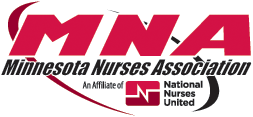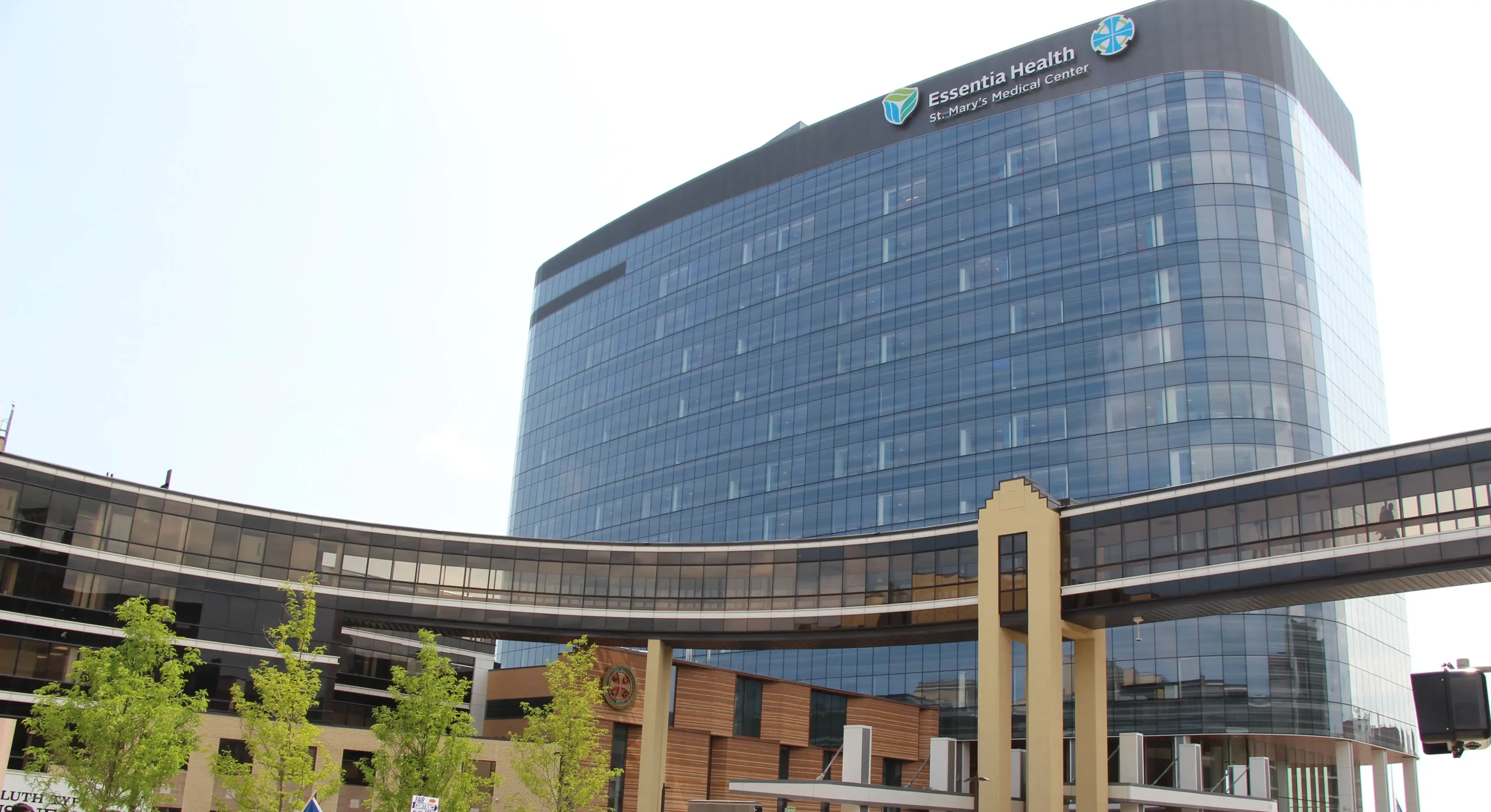MNA Legislative Update April 5, 2014
Minimum Wage
Legislative leaders are still in discussions about raising the minimum wage (HF92). Both the House and Senate agree on raising the wage to $9.50, but only the House currently supports including an annual inflationary increase in the legislation, called indexing, that allows minimum wage workers to keep up with the rising costs of food, housing, and transportation. Last week the Senate introduced a bill that would have asked the voters to decide on the minimum wage and inflationary increases, but this week the author, Sen. Ann Rest, withdrew the bill. MNA supports an increased minimum wage with an automatic inflationary increase so low wage workers can catch up and keep up.
Please use the MNA Grassroots Action Center to contact your Senator and ask him or her to support an increased and indexed minimum wage.
Synthetic Drugs
Rep. Erik Simonson’s bill to outlaw synthetic drugs (HF2446) has passed through many committees already and passed the House Ways and Means Committee on Tuesday and will move on to a floor vote. Senate companion (SF2028) is waiting for a hearing in Finance Committee, which is probably the last committee stop before a floor vote. MNA supports this bill as an important step in reducing the impact of synthetic drugs on our communities.
Public Employee Relations Board
A bill to establish a Public Employee Relations Board (HF3014)is moving as legislators on the House Ways and Means Committee passed it on Tuesday. The Senate Finance Committee will hear it next week. The House Ways and Means Committee amended the bill to include employees of charitable hospitals, including many MNA nurses. This legislation creates a board where public employees could bring unfair labor practice complaints, rather than bringing them to district court, which would mirror the private sector process. Since the district court process is cumbersome and expensive, this new board would save employers and employees significant amounts of money.
Women’s Economic Security Act
Legislation to address discrimination and economic inequality that women face (HF2536) was passed by the House Ways and Means committee on Wednesday and is on the way to the House for a floor vote. In the Senate, we are still waiting for a floor vote to be scheduled. MNA supports this legislation because women make up half the state’s workforce and providing them with equal opportunities and pay is critical to our state’s economic future. Anti-Bullying Bill
The full Minnesota Senate voted on the Safe and Supportive Schools bill (HF826) on Thursday. After six hours of debate and many amendments from opponents, the bill passed. It now goes back to the House for a final vote, which could happen early next week.
Minnesota currently has the weakest anti-bullying law in the country. MNA supports the bill, which will provide schools with the tools to prevent and intervene in cases of bullying so that all of our students feel safe and supported when they come to school.
State Employee Salary Supplement
The Governor recommended an increase in compensation funding for the Department of Human Service’s Direct Care and Treatment State Operated Services programs and the Minnesota Sex Offender Program. The programs are experiencing compensation pressures of negotiated salary increases and increased costs of employer-paid benefits for current employees. This increase would allow the programs to meet these increasing personnel costs and continue to deliver care to their clients.
This increase was not included in the House and Senate’s Health and Human Services omnibus bills. We’re monitoring negotiations about these and continuing to talk to legislators about the need for this funding, and we think there is still a chance for the funding to be included in the final package.
5% Campaign
Funding to give an increase to long term care workers who do not work in nursing homes was included in both the House and Senate Health and Human Services omnibus bills. The bills include language that would mandate the majority of the funds go directly to workers. We expect this will be a part of the final Health and Human Services finance package.
Nurse Licensure and Discipline
The bills proposing changes to the Health Professionals Services Program (HPSP) and how the Board of Nursing handles nurses with substance use disorders and drug diversion are moving through the legislative process (HF1898 and HF1604) . Our priorities remain reflected in the bills – protecting patient safety, treating substance use disorder as a disease, encouraging nurses with substance use disorders to seek rehabilitation treatment, and protecting nurses’ private medical and legal information.
Community EMT
MNA was very concerned about legislation that would create a Community Emergency Medical Technician position that would be reimbursed under Medical Assistance (HF3288/SF2862). The role of the Community EMT would be to provide interventions intended to prevent avoidable ambulance transportation or emergency department use. This could include the performance of minor medical procedures, initial assessments within the Community EMT Scope of Practice, care coordination, diagnosis related to patient education and chronic disease management monitoring. While we recognize that there are gaps in our medical system, MNA opposed this legislation because Community EMTs would not be fully trained in nursing care, therefore not suitable to provide this type of care to the community. This new role could encourage a decrease in public health nursing, an area that is already facing a shortage. We raised these concerns with legislators, and the bill does not appear to be moving this session.



